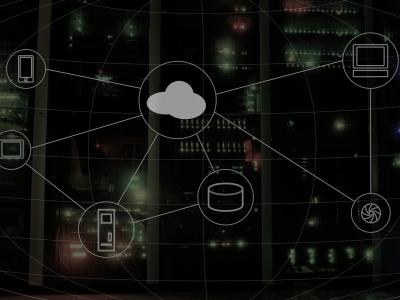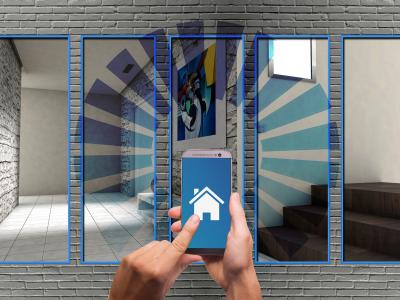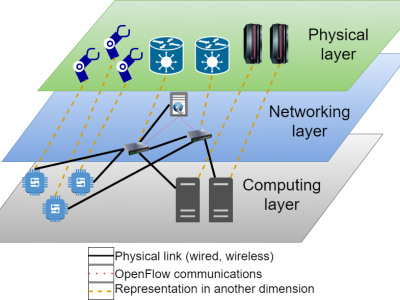
This quantitative correlational research study aimed to investigate the factors affecting the implementation of zero-trust security and multifactor authentication (MFA) in a fog computing environment. Fog computing is an emerging decentralized technology that extends cloud computing capabilities near the user. A fog computing environment helps in faster communication with the internet of things (IoT) devices and reduces data transmission overheads. However, the use of fog computing technology in information technology (IT) organizations is minimal in the United States.
- Categories:


